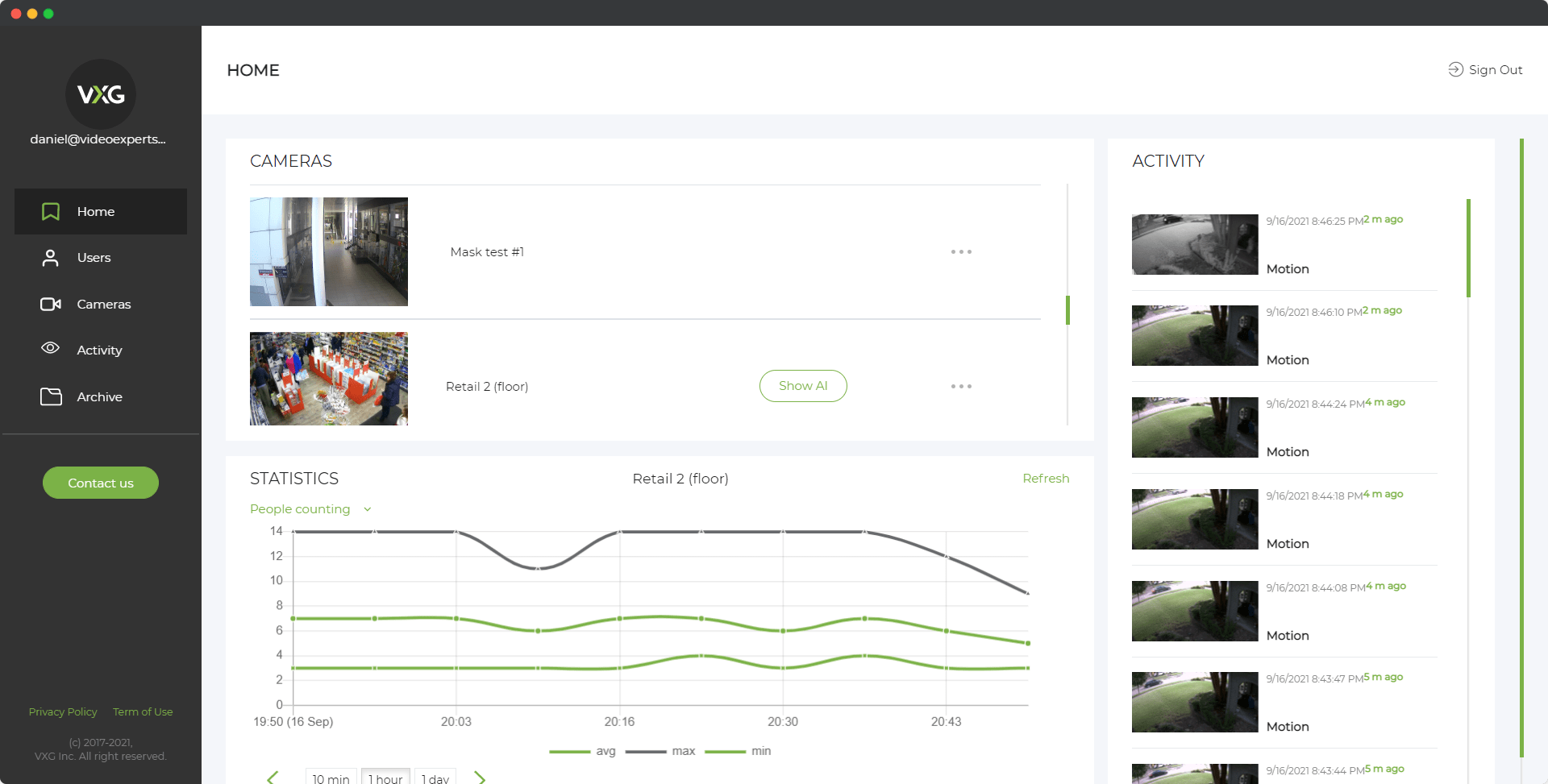One of the most commonly used technologies for surveillance and security is CCTV. You’ve likely encountered CCTV cameras in various places — shopping malls, streets, offices, and even in residential neighborhoods. But what exactly does CCTV stand for, how does it work, and what are its primary uses? This article will break down these questions, providing a clear understanding of CCTV, its functionality, and its applications.
What does CCTV stand for?
CCTV stands for Closed-Circuit Television. The term "closed-circuit" refers to the fact that, unlike broadcast television, which is openly transmitted to the public, CCTV signals are transmitted to a specific, limited set of monitors. In other words, CCTV is a system where video footage is transmitted from cameras to a designated set of monitors, allowing the footage to be viewed only by authorized personnel or systems. This makes CCTV an effective tool for monitoring and surveillance in various environments.
How Does CCTV Work?
CCTV systems consist of several key components that work together to capture, transmit, and display video footage. Here’s a simplified breakdown of how CCTV works:
-
Cameras
CCTV cameras are the primary components that capture video footage. These cameras can be analog or digital and come in various types, including fixed, PTZ (Pan-Tilt-Zoom), dome, bullet, and infrared cameras. The type of camera used depends on the specific surveillance needs, such as the area to be monitored, lighting conditions, and required detail level. -
Lenses
The lens of a CCTV camera focuses the light onto the camera's image sensor. The quality of the lens affects the clarity and range of the captured image. Some cameras come with zoom lenses that allow operators to focus on distant objects or areas of interest. -
Image Sensors
The image sensor, typically a CCD (Charge-Coupled Device) or CMOS (Complementary Metal-Oxide-Semiconductor) sensor, converts the captured light into an electrical signal, which is then processed to form a video image. The type and quality of the image sensor impact the camera's performance, especially in low-light conditions. -
Transmission Medium
The video signal captured by the camera is transmitted to a monitoring station or recording device. In analog CCTV systems, this is usually done via coaxial cables, while digital or IP-based systems use Ethernet cables or wireless connections. Modern systems may also employ Wi-Fi or fiber optics for long-distance transmission with minimal signal degradation. -
Monitors
The transmitted video footage is displayed on monitors, where it can be observed by security personnel. In some setups, the footage is also displayed on a central monitoring system, which can manage multiple cameras simultaneously. Monitors can be traditional CRTs, LCDs, or even high-definition screens, depending on the system. -
Recording Devices
Most CCTV systems include a recording component, such as a DVR (Digital Video Recorder) for analog systems or an NVR (Network Video Recorder) for IP-based systems. These devices store the video footage for future reference, which can be crucial for investigations or audits. Modern systems often incorporate cloud-based storage, enabling remote access and reducing the risk of data loss. -
Control Systems
Advanced CCTV setups may include control systems that allow operators to adjust camera angles, zoom, and focus, especially with PTZ cameras. These systems can be manual or automated, with some offering features like motion detection, face recognition, or behavior analysis.
What Is CCTV Used For?
CCTV is used in a wide range of applications, primarily for security and surveillance. Here are some of the most common uses:
-
Crime Prevention and Detection
One of the primary uses of CCTV is to deter criminal activities and provide evidence in case of an incident. The presence of cameras alone can discourage potential criminals from acting. If a crime does occur, CCTV footage can help identify suspects, understand the sequence of events, and provide crucial evidence in legal proceedings. -
Public Safety
CCTV is extensively used in public places like streets, parks, transportation hubs, and government buildings to monitor and enhance public safety. Surveillance cameras help in managing crowds, detecting suspicious activities, and responding to emergencies more efficiently. -
Traffic Management
CCTV cameras are often used in traffic management systems to monitor road conditions, manage traffic flow, and detect violations like speeding or running red lights. The footage can also be used to investigate traffic accidents and improve road safety. -
Business Security
Businesses use CCTV to protect their assets, monitor employee activities, and ensure customer safety. Retail stores, for example, use surveillance cameras to prevent theft, monitor customer behavior, and gather insights into store layout and product placement. Offices and warehouses use CCTV to secure sensitive areas and monitor operational activities. -
Home Security
Homeowners use CCTV systems to monitor their property, both inside and outside. These systems can be linked to mobile devices, allowing homeowners to keep an eye on their home remotely. CCTV also provides peace of mind by enabling real-time alerts in case of unusual activity, such as break-ins or trespassing. -
Industrial and Infrastructure Monitoring
In industrial settings, CCTV systems are used to monitor production processes, ensure worker safety, and detect equipment malfunctions. Critical infrastructure, such as power plants, water treatment facilities, and transportation systems, also rely on CCTV for continuous monitoring and protection against potential threats. -
Health and Safety Compliance
CCTV is used in workplaces to ensure compliance with health and safety regulations. By monitoring activities, organizations can identify unsafe practices, enforce safety protocols, and reduce the risk of accidents.
CCTV, or Closed-Circuit Television, is a versatile technology widely used for monitoring, surveillance, and security across various industries and environments. By understanding its components, functionality, and applications, it becomes clear why CCTV is such an essential tool in modern security practices. Whether it's for deterring crime, ensuring public safety, managing traffic, or securing businesses and homes, CCTV continues to play a critical role in protecting people and property.
















